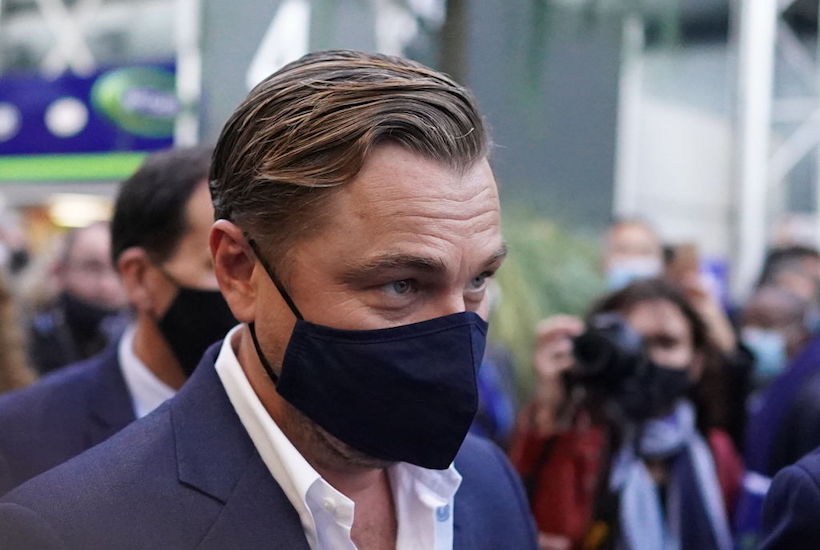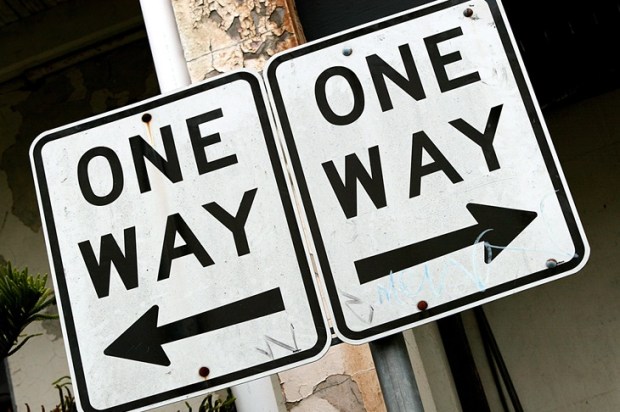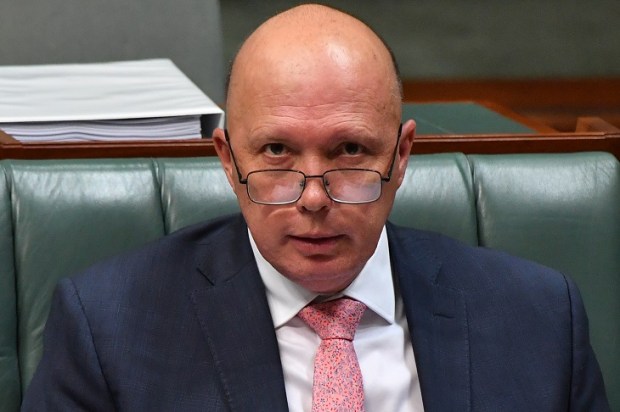As we watch the bureaucratic minions and the behemothic motorcades circulating in Glasgow, the ‘Greenhouse Gap’ appears to be growing.
On one side of the ‘Gap’, there is the Elites’ intense international advocacy about climate change. On the other side, there is the very different experience of the Normal, those Australians whose lives consist more of living than perhaps talking about life.
That ‘Gap’ represents a big risk to both sets of people. Without broader community and political support, efforts to prudently minimise greenhouse gas emissions for posterity will fail; Elites then fall in the Gap. Without the pragmatism that regular punters bring to policymaking, the costs of adaptation won’t be sufficiently checked and balanced; the Normal then fall in the ‘Gap’ and pay all the way to a hard economic landing.
And there’s something else also going on around the ‘Gap’. It might be called cognitive dissonance a societal scale. For many Normal, there’s an experiential disconnect between what they read and see every day in the mainstream and social media about climate change, and the concerns that actually fill their daily lives.
For example, using a basic tracking tool, it’s determined that there were nearly 200,000 social media posts about #cop26 in the week up to November 2, Melbourne Cup Day. That compares 6,000 posts for #MelbourneCup.
Indeed, when it comes to punting, I’d wager a lot on the proposition that more Australians on Melbourne Cup Day are thinking about, chatting about and participating in The Race That Stops The Nation than debating the UN General Secretary’s appeal “to keep the 1.5 degrees Celsius goal alive”. Whatevs.
Or, here’s another way of cutting this. Recent polling and social research that this ex-campaigner has seen – and, believe me, it’s best of breed – shows an interesting duality. On the one hand, many punters think it’s appropriate to do something practical about climate change. It’s like they know that they need some life insurance even though they might never use it. On the other hand, it’s not in their top five overall issues; it’s not even their primary environmental issue of concern. And, they don’t want to give up any money from the planned Easter school holidays with the kids.
Our political culture is totally pragmatic and tactile. If it ain’t touch it, see it, and feel it, it often just ain’t for many Australians. Climate change – an abstract and existential concept based on the work of science geeks – doesn’t cut through for many, including those who increasingly don’t have a pre-existing ideological pattern.
It’s spooky when “portrayed life” is so different from “real life”. I worry that many Normal could disengage from the civic centre. They’re more likely to distrust conventional media sources and to trust “alternative” sources of information, e.g., weirdos with agendas.
Let’s remember the glaring difference between Soviet life as glorified by ruling elites and the squalid toil and oppression of so many of the USSR’s citizens. I recall the tearful apologies of my aunt at dinner at her humble flat in pre-independence Ukraine when she could only procure wild rabbit at the local market. I later noticed that the market was adorned with modernist murals of handsome workers marching into the Socialist future. We know from history how such social, emotional and cultural discordancy resolves itself.
Disengagement (flight) or resistance (fight) levels may even become stronger when the actual behaviour and lifestyles of the Net Zeroistas is so unaligned from their own stated purpose, and from the behaviour of Normal. Lacking self-awareness is the only generous way to describe Australia’s richest people – like Andrew Forrest, Michael Canon-Brookes, Malcolm Turnbull and Simon Holmes a Court – as they publicly champion “more ambitious” climate policy.
Our homegrown but jet-setting Kings of Climate provide us little to no commentary on the large carbon footprints of their own lavish lifestyles and conspicuous consumption. They shed little light on the relevance of their business interests or political vanity projects; it’s like Twiggy doesn’t even own mines if you were to judge by his ABC 7.30 interview from COP26.
Hiding behind the ‘new and emerging industries’ doctrine, they also have seemingly little empathy for either those who will be affected by ‘climate adaptation’ or the broader community which will, at a minimum, bear most of the transition costs. They potentially ignore many ‘in your own backyard’ social issues that could benefit from their practical philanthropy – say Indigenous self-determination, youth suicide prevention or soil improvement.
And, they pose with each other, world political leaders and teenage media sensations at beautifully curated events and superbly catered nibbles and drinks. (I’m sure all the serviettes are recycled content.) To paraphrase commentator Gray Connolly this week: if the world is truly coming to an end, you certainly cannot tell from the behaviours of those making the claim. Indeed, the only rush seems to be to the Chairman’s Lounge after the meeting of the day. The credibility gap of the Elite side of the ‘Gap’ is glaringly obvious and frankly galling.
What’s a simple dude to do? When you also think it’s probably wise to do something about climate change, but don’t want to either mortgage the future or join a new religion? When, as energy expert Matthew Warren has long suggested, you believe in good technology and engineering as ways to solve problems? When you reckon that the ABC might want to cover some other issue every once in a while?
Well, it’s surely not heading for the civic exits or getting angry at the social sky.
Perhaps, both at the personal and systemic levels, it’s about looking for rational, centrist paths forward. It’s about using tools we use every day for our households, our organisations and our businesses rather than some parallel universe of policy and rhetoric.
Australians are world leaders in risk management; the identification, evaluation, and mitigation of risks in a given context. It’s an established and successful method for taking the emotion out and leaving the agendas aside. I wonder how climate change might better be framed as a policy issue in risk management terms. I wonder how my own purchasing and lifestyle choices might be better motivated by risk mitigation.
Otherwise, the risk of tumbling into the ‘Greenhouse Gap’, for perhaps different reasons, will continue to be there for all of us.
Pete Shmigel writes, coaches, advocates for mental health and serves on boards after surviving three CEO gigs and professional politics.
Got something to add? Join the discussion and comment below.
Get 10 issues for just $10
Subscribe to The Spectator Australia today for the next 10 magazine issues, plus full online access, for just $10.

























Comments
Don't miss out
Join the conversation with other Spectator Australia readers. Subscribe to leave a comment.
SUBSCRIBEAlready a subscriber? Log in